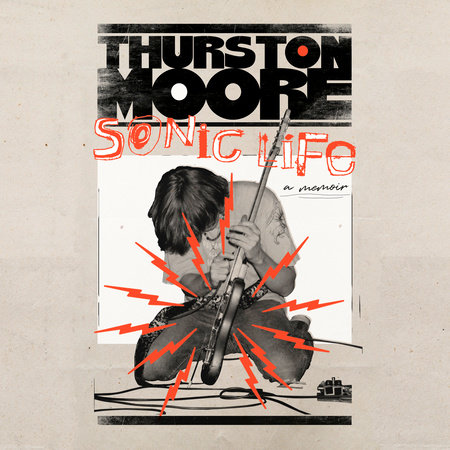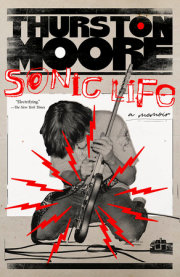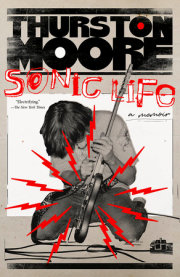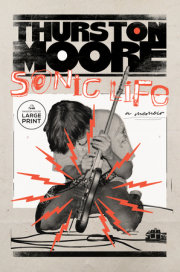1
Epiphany
Gene bounded into our small South Miami, Florida, house, the summer of 1963, a look on his face as if he had located a gift of gold dropped from a psychedelic UFO. In his hand he clutched an article of sonic subterfuge: a seven-inch black vinyl single deliriously titled “Louie Louie,” by a group called the Kingsmen. Their name suggested royal knaves, subjects of a British Invasion–informed notion of aristocracy, and not the four hip, sneering roustabouts from the Pacific Northwest that they were.
From that moment onward, my brother’s universe and mine would become all flash lightning, “Louie Louie” ringing out repeatedly, a seductive noise machine from on high, the singer wailing, out of control and completely cool, steering us toward an undeniable future—
Okay, let’s give it to ’em, right now!
I was five years old to Gene’s ten, my response to the record driven as much by the sound as by my older brother’s excitement. He reverently spun the single, an artifact from preteen heaven that he had somehow stumbled onto. The only other music heard in our house had been our father’s classical records and, more profoundly, the sounds emanating from his hours-long performances at the piano—an instrument that commanded most of the real estate in our modest living room. He worked deliberately through a repertoire of Beethoven, Bach, Brahms, Mendelssohn, and other heavies. Classical music ruled our airwaves.
At least until “Louie Louie” came breaking and entering in.
With that disc in constant revolution, the energy of our existence would change, a new current of electricity introduced. It was as though it had taken the soundworld of our day—our kitchen appliances, our television—and recast it into song, using only guitars, organ, and drums. The lead singer’s voice had the air of a boy smoking a cigarette with one hand while banging a tambourine in the other, an insolent distance to his delivery, a vision of being at once boss and bored.
The flip side of the record was “Haunted Castle,” an instrumental with a simplistic chord figure and a suitably mysterious vibe. The fun danger of “Louie Louie” was offset by the cool otherness of “Haunted Castle.” Everything about these subversive vibrations suggested to me a new world; they were changing not only my here and now but my vision of what the future might hold for me.
I decided to someday, somehow, be in a band like the Kingsmen.
The first order of business would be my hair. From flipping through the pages of 16 magazine, the bible of 1960s pop-rock teen-idol worship, I could see how the cool cats in bands like the Kingsmen all had bangs grazing their eyebrows, the back of their hair hanging slightly below their collars.
To grown-ups, my little-boy crew cut was cute, but after my blinding introduction to rock ’n’ roll by way of “Louie Louie,” I knew it would no longer do. Forget cute.
After a bit of pleading, I was given permission by my parents to let my hair grow out. Each day I would check its progress, wetting the minuscule strands of my potential fringe so that it might fall onto my forehead, yearning to flick it casually to the side. A few of my classmates at the Epiphany Catholic School took me to task for my preening and faux flicking—
“You don’t have long hair, stop pretending.”
But I needed the practice.
My father’s piano had always been our family’s great and sacred object. It cost as much as a car, and we were living on a schoolteacher’s wages. But it was a necessary extravagance—not just an outlet for my father but a collective beacon of high art, a reflection, I thought, of our commitment to sound and composition.
But it wasn’t for me. What I really wanted was a guitar.
Preferably electric.
Or at least a transistor radio.
Anything that could bring more “Louie Louie” into the world.
Copyright © 2023 by Thurston Moore. All rights reserved. No part of this excerpt may be reproduced or reprinted without permission in writing from the publisher.







